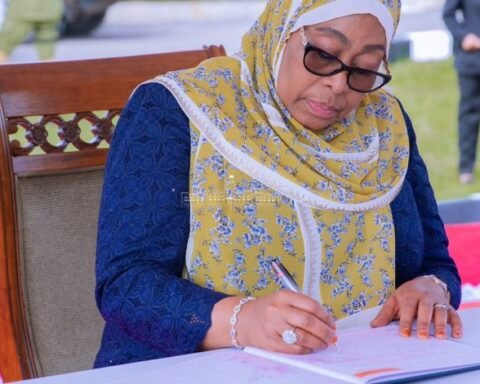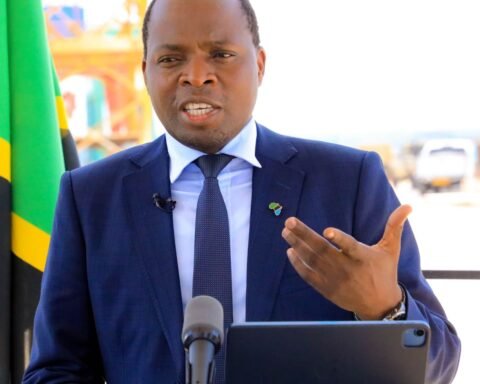In Mbeya, Tanzania, motorcycle taxi operators—commonly known as Bodaboda riders—are calling for fairer loan agreements and formal contracts, saying such measures could help reduce the number of accidents that continue to plague the sector.
The riders argue that the pressure to make strict daily or weekly repayments to motorcycle owners forces many of them to speed through traffic, increasing the risk of crashes. Speaking at a ceremony marking one year since new motorcycles were introduced in the city, several riders said the current system puts livelihoods and lives at risk.
Eliah Richard, deputy secretary of the Kabwe Bodaboda association, acknowledged that training and awareness initiatives led by the police have helped improve discipline on the roads. But he stressed that repayment terms remain a critical problem.
“Some owners seize motorcycles if a rider is late with a single installment. We need contracts that are flexible and fair, so riders can work with dignity and without unnecessary pressure,” Richard said. He added that improved terms could also enhance road safety, reducing reckless behaviour linked to repayment stress.
Association chairman Alexander Bugogo supported the call, noting that most current agreements favour owners rather than riders. “The imbalance in contracts creates fear and undermines confidence,” he said.
Also Read; ACT Wazalendo Expels Member Amid Election Dispute
The Bodaboda sector is now central to Tanzania’s transport network, offering affordable and reliable mobility in both cities and rural areas. Beyond that, it has become an important source of employment for thousands of young people who see motorcycles as a pathway to economic survival.
Transport analyst Godwine Jumbe described the industry as more than just a mode of travel. “Motorcycles are lifelines—they provide income, stability, and opportunities for families to improve their lives,” he said.
For many riders, the motorcycle represents both hope and hardship. While it provides daily income, the constant fear of losing it due to harsh repayment terms often drives them into unsafe practices. Their appeal is not for handouts, but for fairness—agreements that balance the interests of owners and riders while safeguarding lives.
The conversation in Mbeya reflects a broader reality in many parts of Africa, where motorcycles have become indispensable for transport and livelihoods. Riders believe that without reforms, accidents will continue to claim lives, leaving families vulnerable. But with fairer contracts, they see the possibility of a safer, more sustainable future for the sector.







